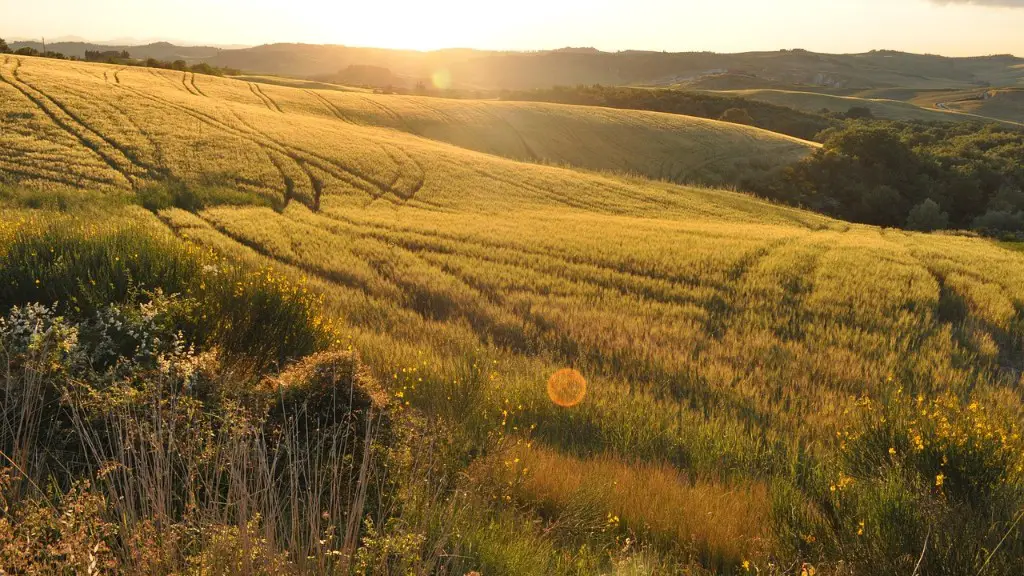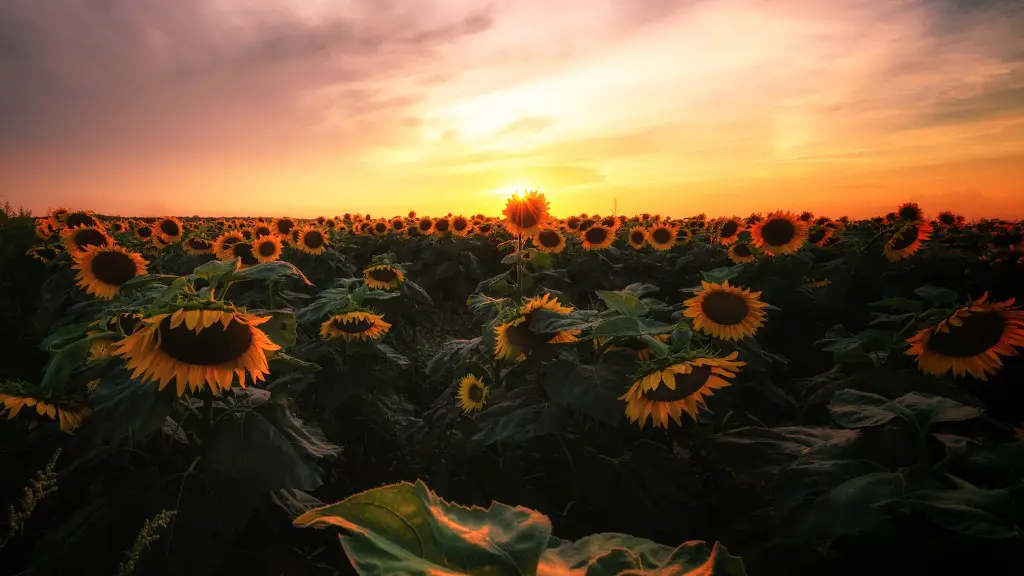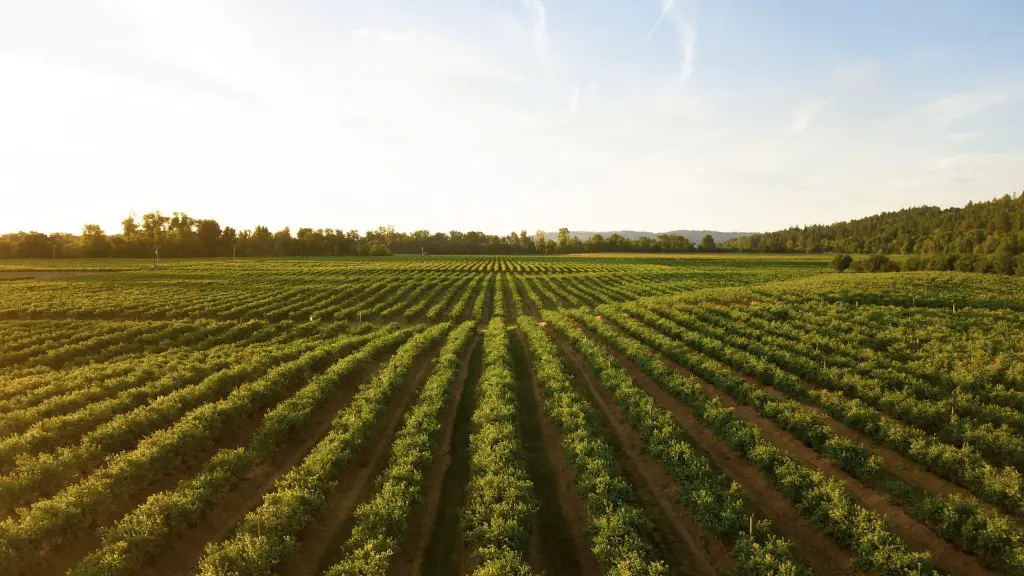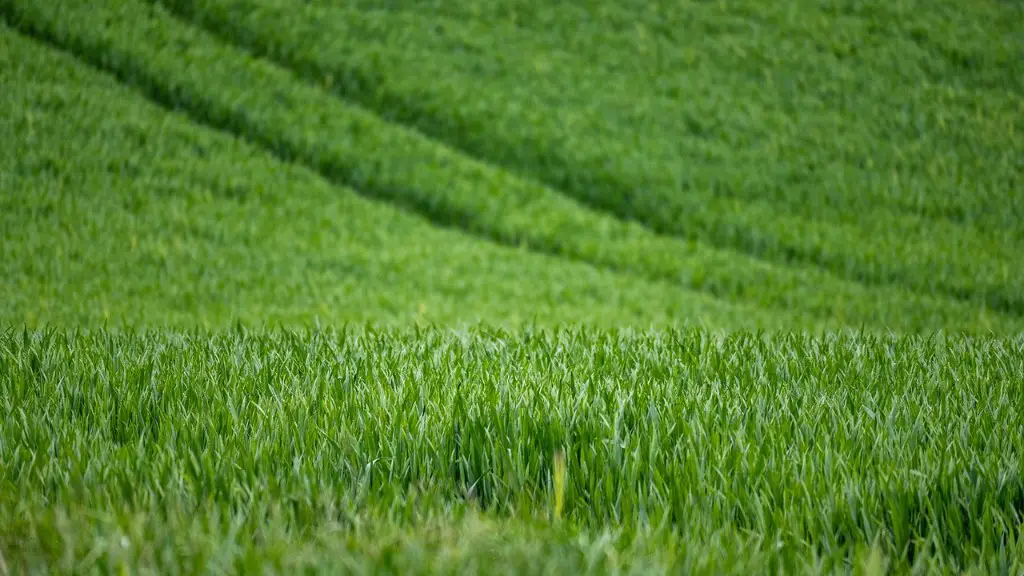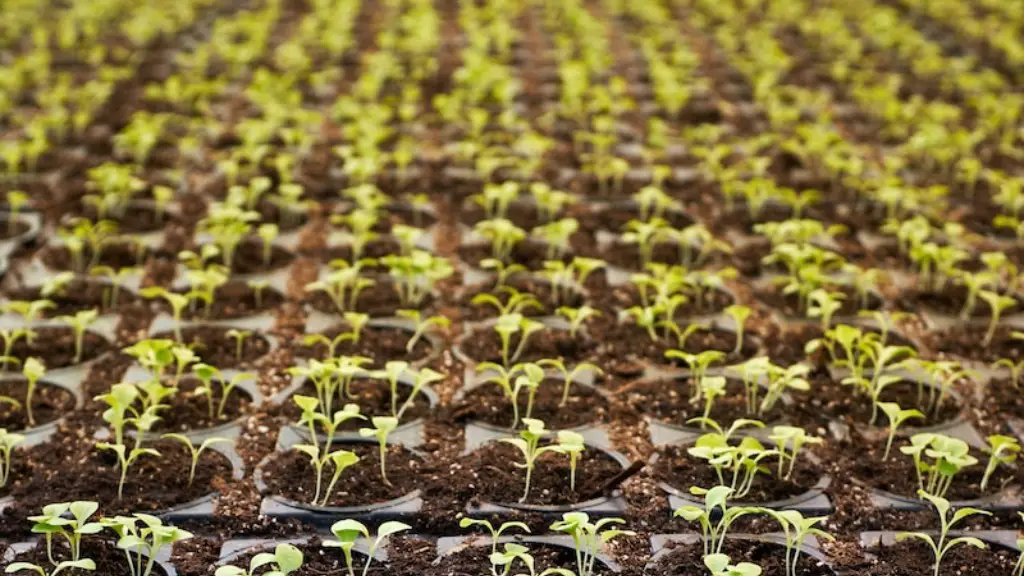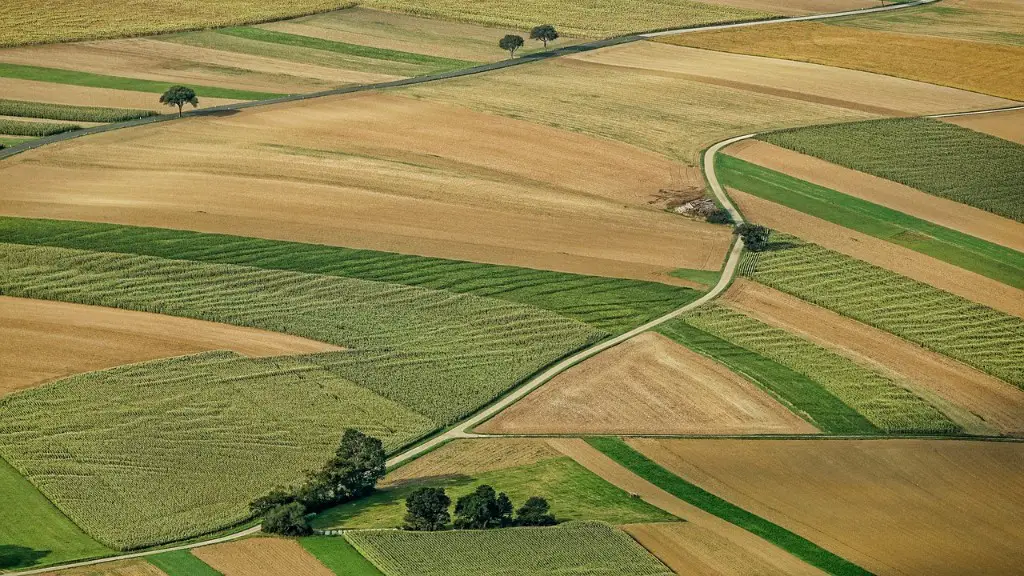Bees have long been recognized for their importance in agriculture. By pollinating crops, bees play a vital role in the production of many of the foods we eat. In fact, it has been estimated that one out of every three bites of food we take is thanks to pollinators like bees.
Bees help agriculture by pollinating crops. When a bee collects nectar from flowers, they spread pollen. This process of pollination helps fertilize plants so they can produce fruits and vegetables.
What are the benefits of bees on farms?
Crop pollination by honey bees is a critical service that helps to produce many of the fruits and vegetables that we enjoy. This agricultural benefit is estimated to be between 10 and 20 times the total value of honey and beeswax. In fact, bee pollination accounts for about $15 billion in added crop value. Honey bees are like flying dollar bills buzzing over US crops.
Honey bees and other insects provide pollination services that are essential for many crops grown in the United States. These pollination services help to ensure that our diets are diverse and plentiful with fruits, nuts, and vegetables. In all, there are over 100 crops grown in the United States that depend on pollination from honey bees and other insects.
What are 5 reasons why bees are important
Bees are one of the most important creatures on Earth. They help pollinate plants, which produce our food, and they also provide us with honey, wax, and other important materials. Without bees, our world would be a very different place.
Bees are important pollinators for many crops, including many fruits and nuts. By visiting flowers and spreading pollen, bees help to increase yields for farmers. Some of the most popular bee-pollinated crops include lychee, avocados, oranges, and macadamia nuts.
How much do bees contribute to agriculture?
Honeybees are vital to the agricultural industry in the United States, pollinating crops that are worth billions of dollars each year. There are more than 130 types of fruits, nuts, and vegetables that benefit from honeybee pollination, making them an essential part of the food supply. Without honeybees, our food supply would be greatly diminished.
Bees are one of the most important pollinators of crops worldwide. Without them, yields on about 35% of agricultural land would suffer, and 87 of the world’s leading food crops would be affected. Worldwide, farmers are growing more and more pollinator-dependent crops like cocoa, tomatoes, almonds, and apples. In order to protect these valuable pollinators, it is important to use sustainable practices that do not harm bees.
Are bees good fertilizer?
The yield of the trees pollinated by bees was roughly 200 percent higher than that of self-pollinated trees. Fertilization and watering only had an effect on harvest yield in combination with the pollination manipulations.
Approximately 60 percent of the total volume of food grown worldwide does not require animal pollination. Many staple foods, such as wheat, rice, and corn, are among those 28 crops that require no help from bees. They either self-pollinate or get help from the wind.
What will happen if bees go extinct
Bees are one of the most important species on the planet. They are responsible for pollinating a huge number of plants, which in turn provides food for animals and humans alike. Without bees, the availability and diversity of fresh produce would decline substantially, and human nutrition would likely suffer. Crops that would not be cost-effective to hand- or robot-pollinate would likely be lost or persist only with the dedication of human hobbyists.
Bees are an essential part of our ecosystem, and their decline could have disastrous consequences. We rely on bees to pollinate our crops, and without them, our food supply would be severely diminished. This would have a ripple effect up the food chain, impacting all the animals that depend on plants for food. Ultimately, this could lead to a world without bees struggling to sustain the human population. We must do everything we can to protect bees and promote their health.
What do bees do to the soil?
Honey bees are essential for the health of our environment – not just for pollinating crops, but for preventing soil erosion. Stopping soil erosion is critical for keeping the water supply clean, preventing flooding, and protecting aquatic life that humans depend on for food. By protecting the quality of our soil, honey bees help to ensure a robust and sustainable food supply for generations to come.
Pollinators are critical to the ecosystem and the economy, yet they are in decline. This is due to a variety of factors, including habitat loss, pesticide use, and disease. We must do more to protect these vital creatures.
What crops depend on bees
Bees are essential for the pollination of many crops, including apples, cranberries, melons, almonds, and broccoli. Fruits like blueberries and cherries are particularly dependent on honey bee pollination, and during bloom time, almonds depend entirely on honey bees for pollination. Without bees, our food supply would be greatly diminished.
Bees are critical for the pollination of many crops, but they do not pollinate grains. This means that foods like wheat, rice, and corn would not survive without bees. However, bees also do not pollinate sugarcane or sugar beets, which are two other major sources of calories in a grain-based diet. This means that yeast breads, another grain-based food, would also not be possible without bees.
What would happen to farmers without bees?
Honeybees are essential for the pollination of many crops. Without them, beekeepers that nurse the bees will go out of business and farmers will lose their crops. The fruits and vegetables need the pollen from the bees in order to grow, and without it they will eventually die. Pollination is a big source of income for many farmers, and without it they will not be able to keep their farm.
Bees are essential to our survival. They pollinate our food crops, which make up a significant portion of the world’s food supply. Without them, we would not be able to survive.
Final Words
Bees play a vital role in the pollination of crops. Three-quarters of the world’s crop species rely on animals for pollination, and of those, honeybees are responsible for pollinating about 80%.
Bees are a vital part of the agricultural process. They pollinate flowers and crops, which helps to produce a bountiful harvest. Without bees, many fruits and vegetables would not exist. Farmers rely on bees to help ensure a successful crop yield, and the agricultural industry would be greatly impacted if bees were to disappear.
